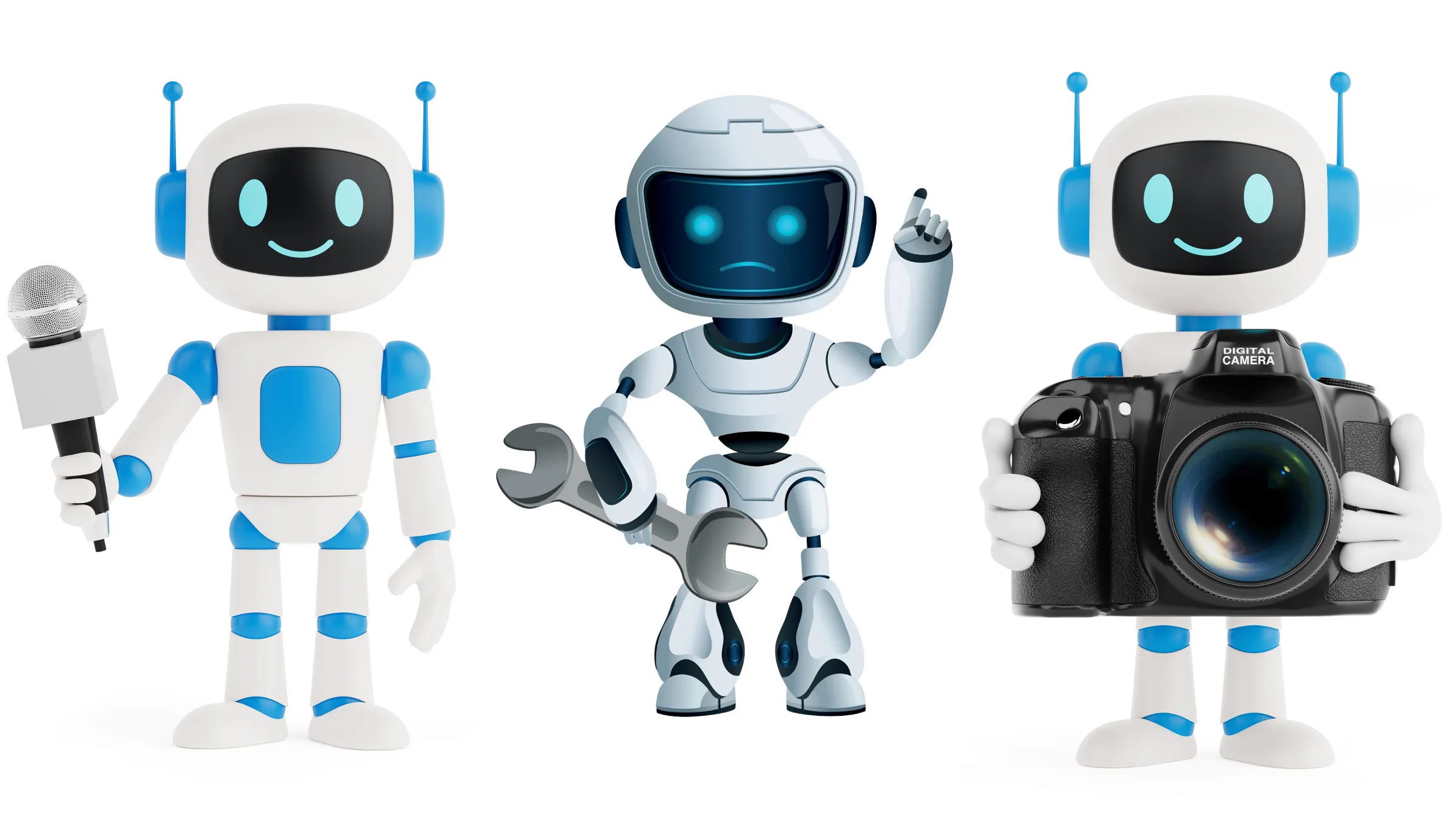
From the early days of computers, people have speculated that computers would be used to supplement our intelligence. Extended stores of knowledge, memories once forgotten, computational feats, and expert advice would all be at our fingertips.
In the last decades, most of the work toward this dream has been in the form of trying to build artificial intelligence. By carefully encoding expert knowledge into a refined and well-pruned database, researchers strove to build a reliable assistant to help with tasks. Sadly, this effort was always thwarted by the complexity of the system and environment, with too many variables and uncertainty for any small team to fully anticipate.
Success now is coming from an entirely unexpected source, the chaos of the internet. Google has become our external brain, sifting through the extended stores of knowledge offered by multitudes, helping us remember what we once found, and locating advice from people who have been where we now want to go.
For example, the other day, I was trying to describe to someone how mitochondria oddly have a separate genome, but could not recall the details. A search for [mitochondria] yielded a Wikipedia page that refreshed my memory. Later, I was wondering if train or flying between Venice and Rome was a better choice; advice arrived immediately on a search for [train flying venice rome]. Recently, I had forgotten the background of a colleague, which was restored again with a quick search on her name. Hundreds of times a day, I access this external brain, supplementing what is lost or incomplete in my own.
This external brain is not programmed with knowledge, at least not in the sense we expected. There is no system of rules, no encoding of experts, no logical reasoning. There is little understanding of information, at least not in the search itself. There is knowledge in the many voices that make up the data on the Web, but no synthesis of those voices.
Perhaps we should have expected this. Our brains, after all, are a controlled storm of competing patterns and signals, a mishmash of evolutionary agglomeration that is barely functional and easily fooled. From this chaos can come brilliance, but also superstition, illusion, and psychosis. While early studies of the brain envisioned it as a disciplined and orderly structure, deeper investigation has proved otherwise.
And so it is fitting that the biggest progress on building an external brain also comes from chaos. Search engines pick out the gems in a democratic sea of competing signals, helping us find the brilliance that we seek. Occasionally, our external brain leads us astray, as does our internal brain, but therein lies both the risk and beauty of building a brain on disorder.



Join the Discussion (0)
Become a Member or Sign In to Post a Comment